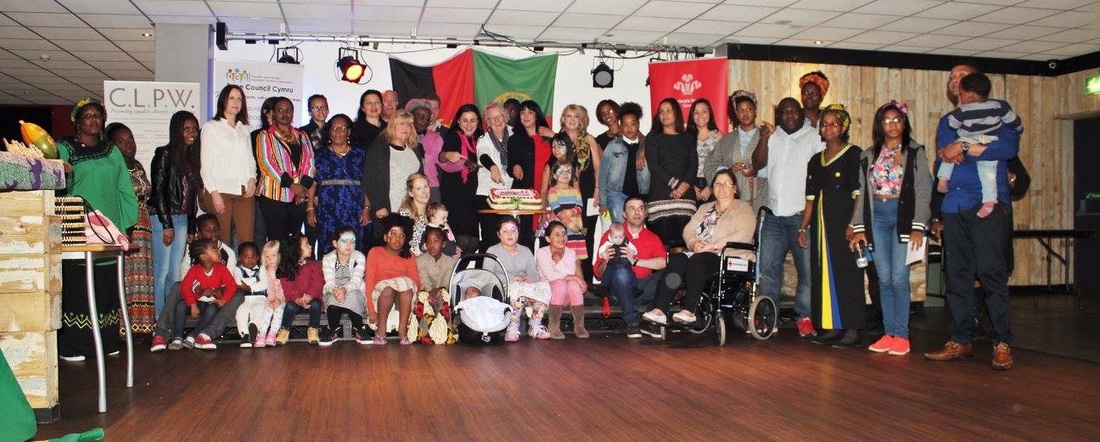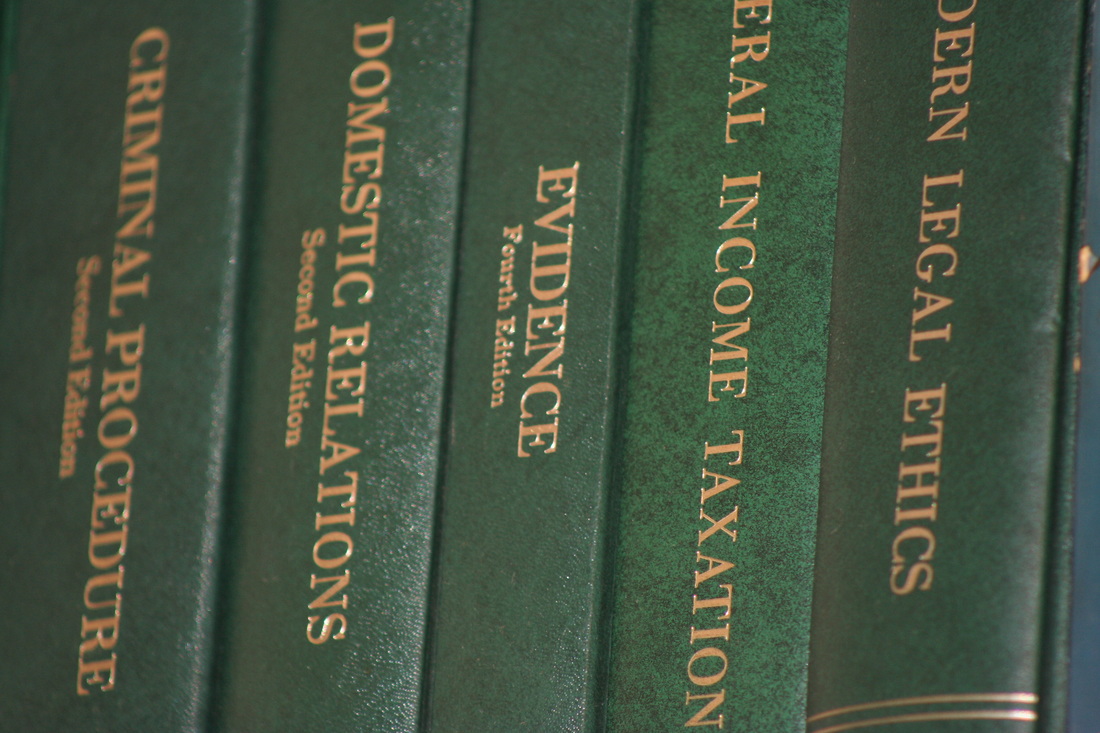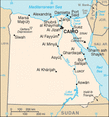|
Feliz día de brujas | Joyeuse Halloween | Froliches Halloween | Feliz dia das bruxas 2015
0 Comments
Having met Iolanda Banu Veigas of CLPW (Wrexham Portuguese Language Community), Councillor to the Portuguese Communities and Race Council Cymru several months back I was delighted to receive an invitation from her to attend Wrexham’s own Black Women Black History event as part of Black History Month.
The event was held on Sunday 25th October 2016 and was an overall success. Everyone who attended was able to sample traditional food and cakes from Portugal and São Tomé e Principe (island state south of the Cape Verde islands). Additionally there was a dance workshop for experienced and novice dance would-be’s to learn a few steps and practice kizomba, a dance style that originated in Angola, south west Africa, a former Portuguese colony. Friendships were made between all ages and there were impressive displays of handmade clothing, traditional gift items, clothing, jewellery and more. Presentations were made conferring community awards to various women from the North Wales BAME community for their efforts and particular thanks went to Iolanda Banu Veigas for organising this innovative event. What’s more, tribute was paid by way of poetry and prose, some musically and all passionately, to the strength of women whatever their religion, language, cultural roots or skin colour. Particular emphasis was given to the Ghanian women, used as an example, thanks to whose strength, Ghanian communities nationwide were single-handedly rebuilt by them following the enslavement of husbands, sons, brothers and fathers but of whom little, if anything, is spoken of when mention is popularly made of slavery. All in all this was an enjoyable event that was open to everyone to attend and paid homage to the contribution made by women across the world. Furthermore, it was an interactive and enjoyable experience of several aspects of Portuguese culture and particularly African culture and a highly fitting way to highlight the good that comes from celebrating multiculturalism in the UK. By opening our minds, our hearts open far more easily. What must a translator of legal documents be capable of? First of all they must be fully competent in the language from which they translate (the source language) and in the one into which they translate (the target language). The latter in most cases will be the individual’s mother tongue. Competence in language means more than being conversant and extends to a level of knowledge of the target and source languages beyond mere conversational or everyday language. Take, for instance, the translator who translates into his or her native language when that is British English. A competent linguist who translates impressive marketing or tourism related documents with precision, creativity and diligence can be said to be an excellent translator with a good sense of linguistic style and wide-ranging vocabulary in the source language and particularly in English.  Legal language of the English legal system Legal language of the English legal system It cannot be presumed, however, and nor would the translator him or herself make such a claim, that the translator’s vocabulary or comprehension of any randomly suggested subject matters extends beyond that of a layperson in a wide range of reading materials or even has a working knowledge of every possible industrial, technical, commercial or literary field presented before him or her. Understanding of a subject matter is closely connected with personal interest and inherent ability to process a given subject. What an individual finds uninteresting will not inspire him or her to write or read about it. When you consider legal language, it is typically associated with long, split sentences and archaic vocabulary. Therefore, it is essential that the reader has an aptitude for analysing such sentence structures and working out the true meaning of the terms used. Now put this concept into the context of a foreign language. The drafter of the foreign language legal text more than likely has native proficiency in that language and in the legal language of his or her jurisdiction. Now we have two players: the drafter of the foreign text and the English recipient of the same text. Both are fluent in their respective language and in their use of legal terminology and are likely to be providers of law firm services but there is a gap in the middle. That central void must be filled by a third person who is fluent in both the foreign and the English legal system. Cue the search for a translator of legal documents. It is not an easy search since finding one who can confirm their linguistic capabilities in the specified languages and who also has the requisite level of competence in legal language is often time consuming and arduous. The translator sought after must have the abilities of both parties mentioned above, namely similar linguistic fluency and similar legal knowledge – both in duplicate. To summarise, do not presume qualification as a translator is authority to translate every kind of material. The most competent translator of legal documents will have a working knowledge and understanding of at least two legal systems to a level similar to, or occasionally equal to, that of a practitioner of law firm services. From the love of knowledge came the need for translation One of the characteristics of a language is creativity. Every human being, who knows a language, is able to understand sentences in this language, in addition to producing sentences in the same language that he/she has never heard before. And that’s a unique function of the human brain. The species of birds that are inclined to learn speech patterns can only use them repetitively and aren’t able to use them so as to produce different sentences in the way a child is able to do so.
Chomsky says that a human can generate a limitless amount of sentences out of a small range of vocabulary and he defined language as the way to express an idea or a concept. From this we can say that nothing, therefore, is impossible to translate and we can use any language to express what is said in another language. If someone can understand sentences he/she never heard before in their language and is capable of producing sentences he/ she has never heard before, then we are able to express what is said in one language using a completely different one. An example of a language that is widely accused of not being able to accommodate certain terminologies or expressions, despite history citing the opposite, translations from other languages into the Arabic language began as far back as the beginning of Islamic Arabia. The prophet Muhammad, the prophet of Islam, encouraged his followers at this time to learn other people’s languages and the first translation found, from another language to Arabic dates back to 642 A.D. It is a manuscript that contains three lines in the Greek language translated into Arabic. Later, huge efforts were made by Arabs to acquire the knowledge of neighboring civilizations or the lands that they conquered. They could translate thousands of books in various fields from Greek to Arabic, which is something that has made a great contribution to Islamic and Arab civilizations. An example of that is the effort undertaken when Gundeshapur was under Arab control and they had established what they called the house of wisdom, namely where scholars worked on translating medical knowledge from the Syriac language into Arabic, which was originally translated from Greek. |
News, Events & Articles
Put simply, this page is all about what we're up to, what we're interested in and where we'll be. Related articles on translating as a legal document specialist and all law firm services. EZlegallanguage.com is where you will get an official English translation by an accredited linguist specialised in the English legal system. Archives
April 2020
Other published articles
|
Photo used under Creative Commons from pom'.





